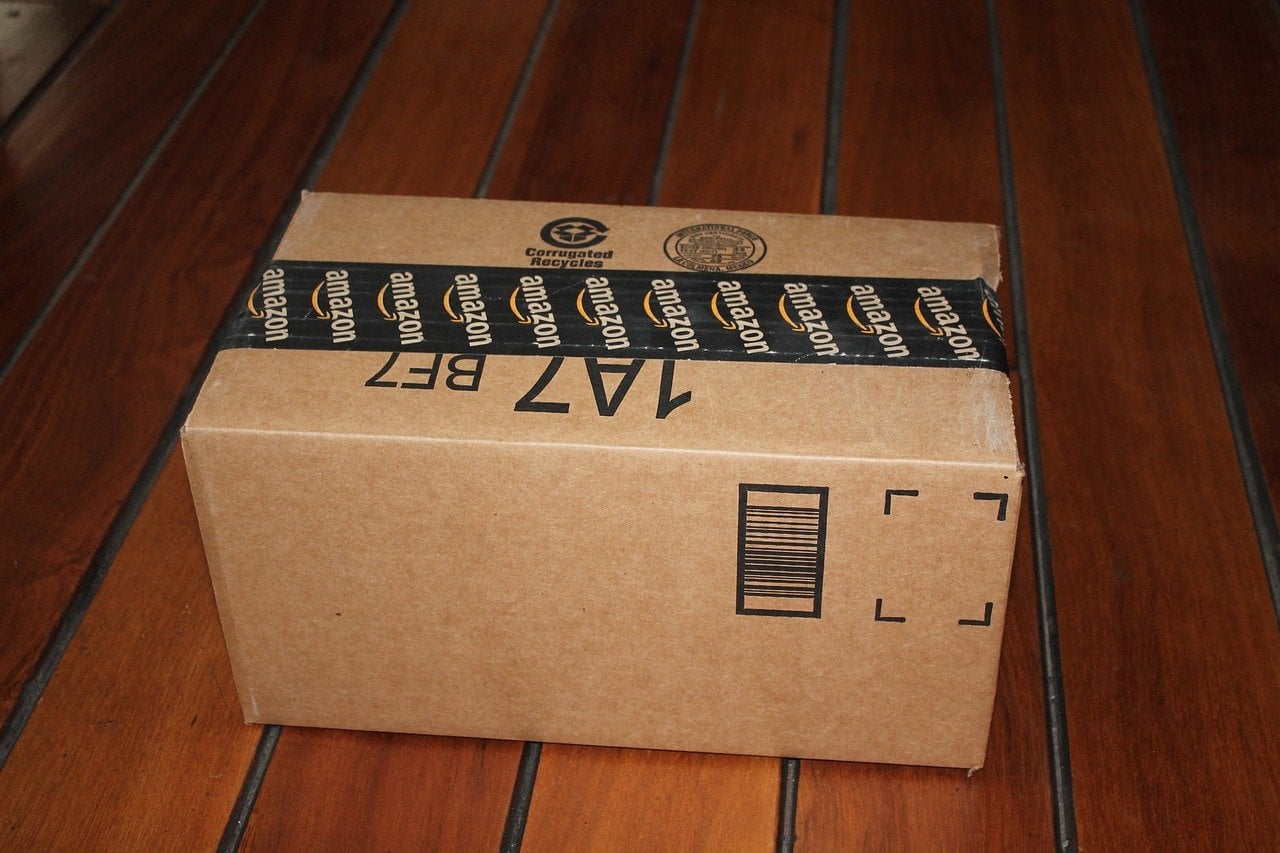Amazon Inc (NASDAQ:AMZN) announced that it had blocked 10 billion listings in its crackdown on counterfeit products. Brands, shoppers and lawmakers have been pressuring the online retailer to remove listings for fake products.
Q1 2021 hedge fund letters, conferences and more
Amazon cracks down on fakes
Amazon said it removed over 10 billion listings for counterfeit products before any sales were made. The company released that number in its first report on its anti-counterfeiting efforts since it revealed new technologies and tools about two years ago.
The number of fake listings last year grew 67% year over year. Amazon also said the number of counterfeiters trying to sell on its website increased as scammers attempted to take advantage of shoppers who bought more online during the pandemic.
The online retailer has been battling sellers of fake products for years, but in 2019, it warned investors that the sale of counterfeit goods threatened its business and reputation. Brands might not want to sell their products on Amazon if they know phony versions are being sold there. Additionally, shoppers might stop trusting the e-commerce giant if a large number of fakes are sold there.
How Amazon's anti-counterfeiting tactics work
The Associated Press explains that counterfeiters attempt to sell their items through Amazon's third-party marketplace, which allows sellers to list their products on the site. The e-commerce giant destroyed 2 million phony products delivered to its warehouses last year before they were sold. Amazon also said that it received counterfeit complaints about fewer than 0.01% of all the products bought on its marketplace.
Machine-learning technology enables Amazon to block sellers of fake products before they sell anything. The technology automatically scans listings and removes items it believes to be counterfeited. Amazon also enabled brands to remove counterfeit products from its marketplace themselves instead of reporting them and then waiting for the online retailer to remove them.
Pressure to get rid of phony products
Amazon's pushback against counterfeiters comes as lawmakers consider options to reduce the number of phony products that are sold online. A bipartisan pair of senators introduced the INFORM Consumers Act this year, which would require verification of third-party sellers. It would also require them to disclose to shoppers their name and address. Although the senators introduced the bill last year, the Senate never voted on it.
Amazon and other online stores like Etsy and eBay oppose the bill, arguing that it could discourage people from starting a small business and selling online. However, organizations representing big-box retailers like Lowe's and Home Depot support the bill because it levels the playing field with online companies.
Amazon spent over $700 million on its anti-counterfeiting efforts last year.
The online retailer is part of the Entrepreneur Index, which tracks 60 of the largest publicly traded companies managed by their founders or their founders' families.






